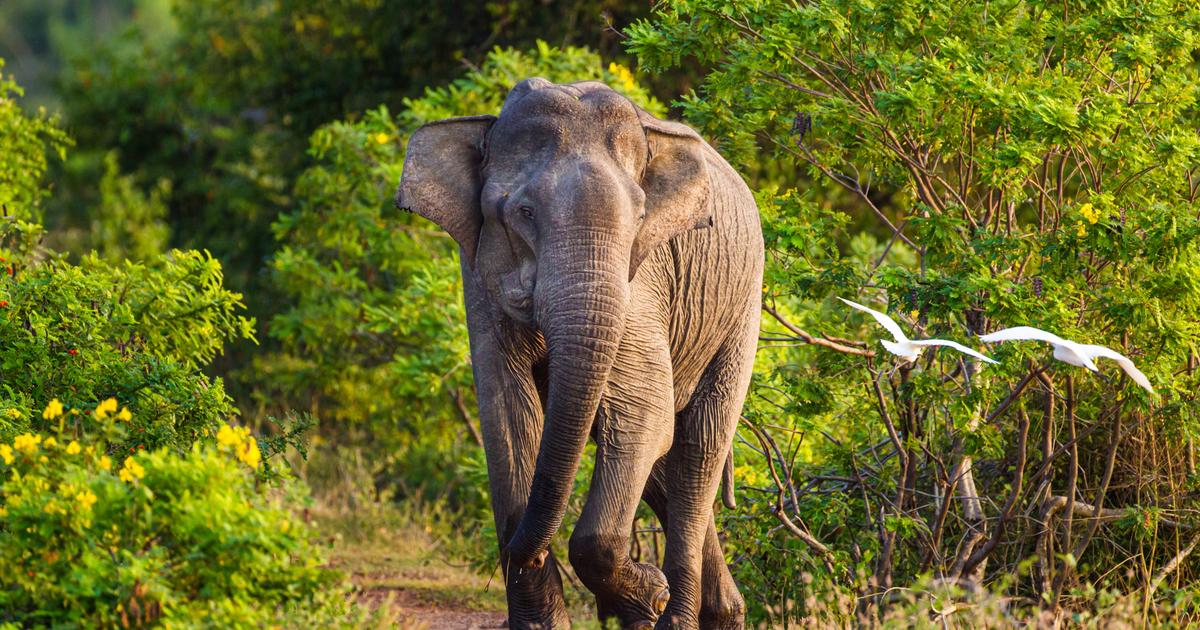Asian elephants bury their deceased calves and mourn them loudly, according to a study by Indian scientists detailing the behavior of the pachyderms reminiscent of human funeral rites.
Researchers identified five sites where a baby elephant had been buried each time by elephants, in northern Bengal in India in 2022 and 2023, according to the study published this week in the Journal of Threatened Taxa.
The five baby elephants, aged three months to a year, all died of organ failure.
They found, in each case, that the herd had transported the deceased baby elephant by its trunk and legs before burying it on its back.
To discover
What to plant, sow or harvest in March?
“Through timely observations, digital photographs, field notes and autopsy reports, we suggest that the remains were buried in the eerie manner of a recumbent figure, whatever the reason for the child's death.”
, indicates the study.
In one case, the herd trumpeted loudly around the baby elephant lying underground, the study authors wrote.
The study explains that only the young are buried so the transport of adults is
“not feasible”
by the herd due to their size and weight.
Authors Parveen Kaswan and Akashdeep Roy said their research revealed
"no direct human intervention"
in the burial of each of the five baby elephants.
Social and cooperative behavior
Clear footprints of 15 to 20 elephants were observed around the burial sites and on the earth under which the remains were buried.
The elephants buried the calves in the irrigation canals of tea plantations, a few hundred meters from human settlements.
Elephants are known for their social and cooperative behavior, but burial of young had been only
"briefly studied"
among African elephants.
The phenomenon was still unexplored among their Asian cousins, according to the study.
Wild African and Asian elephants are known to visit the remains of their adult counterparts at different stages of decomposition, but this study revealed different behaviors.
In all five cases, the herd
"fled the site within 40 minutes of burial"
and subsequently avoided returning to the area, instead taking parallel migration routes.
Asian elephants are on the list of endangered species compiled by the International Union for Conservation of Nature.
An estimated 26,000 of them live in the wild, mainly in India but there are also a few in Southeast Asia.
Outside of captivity, they live on average 60 to 70 years.

